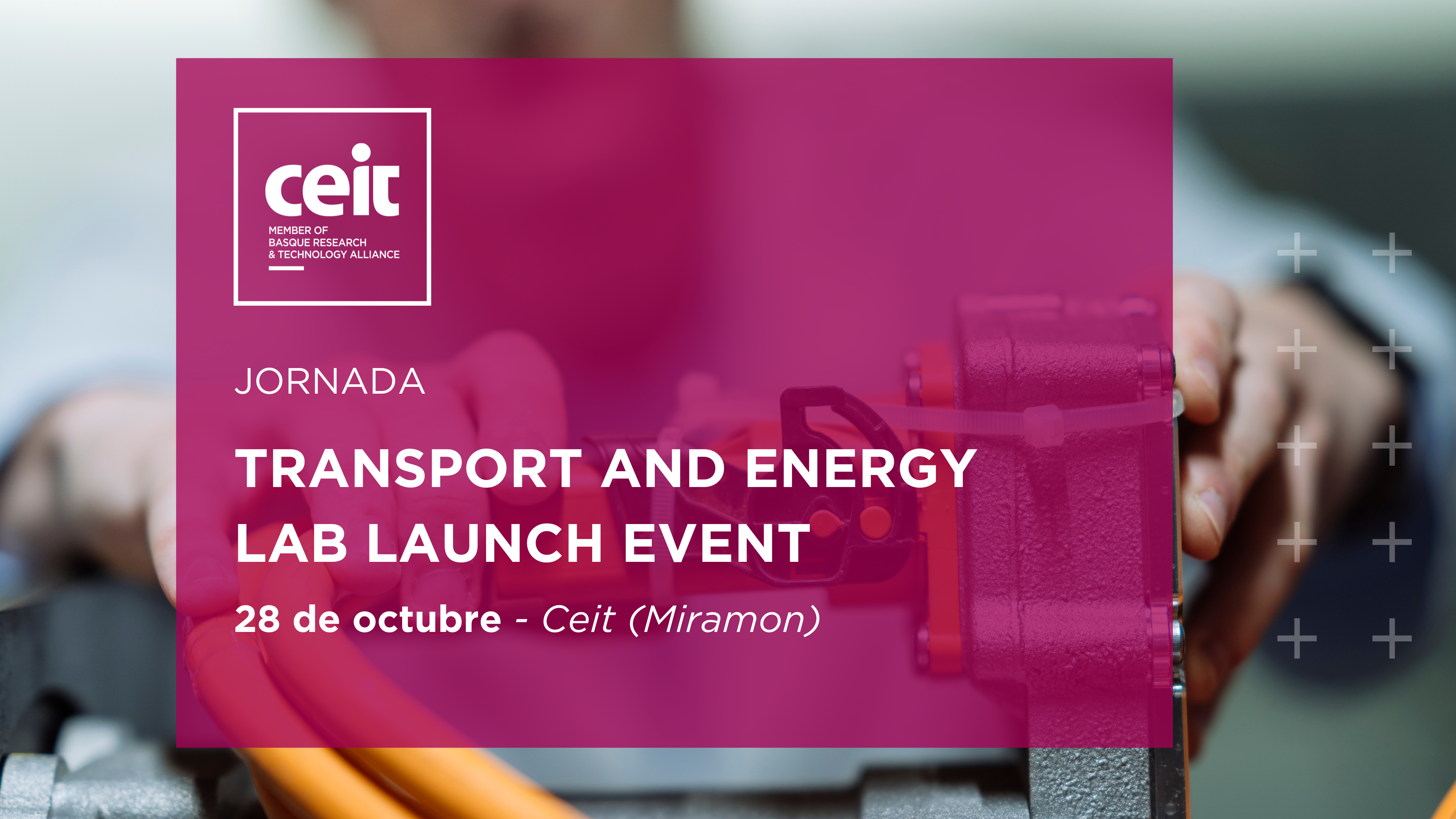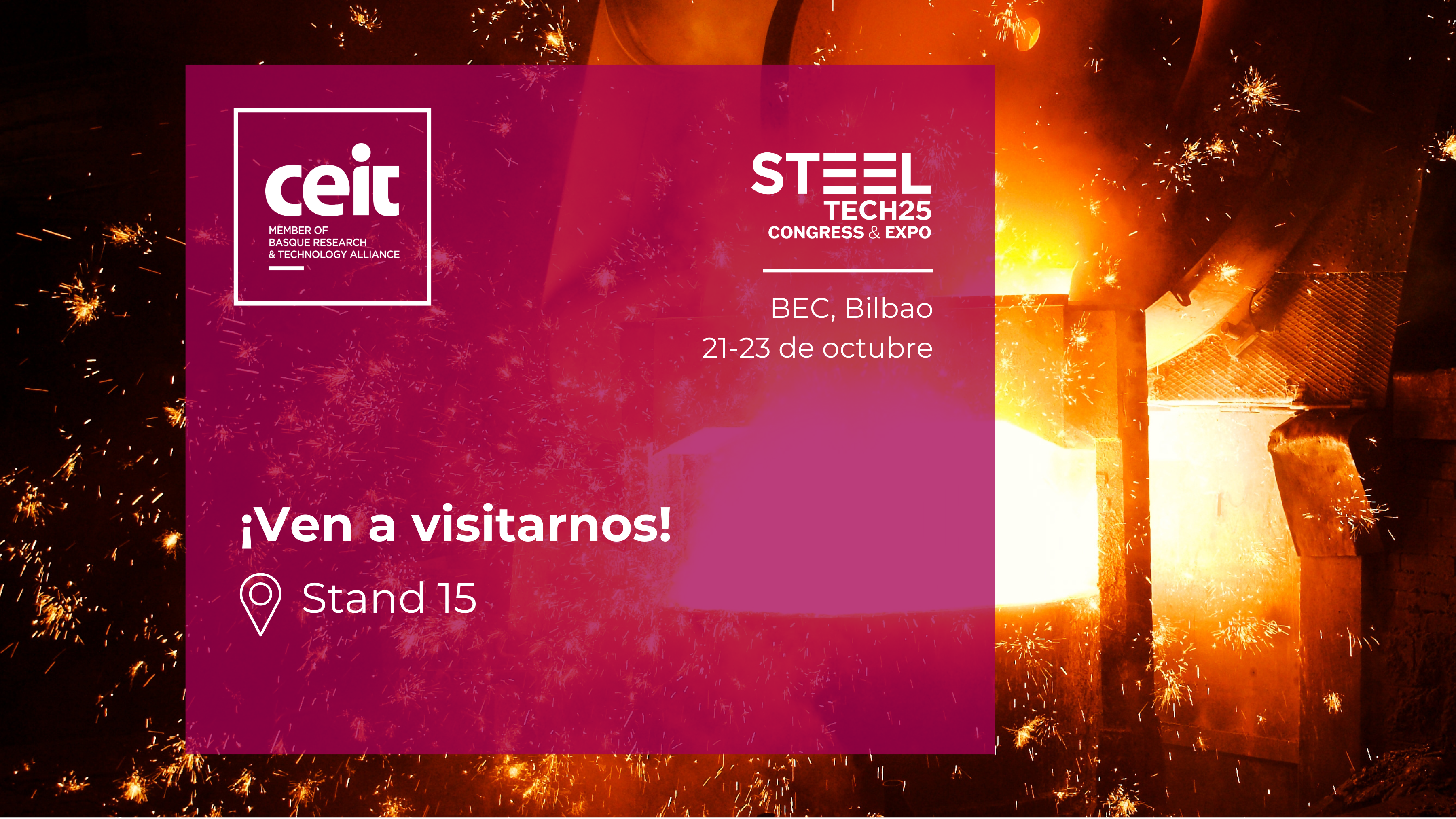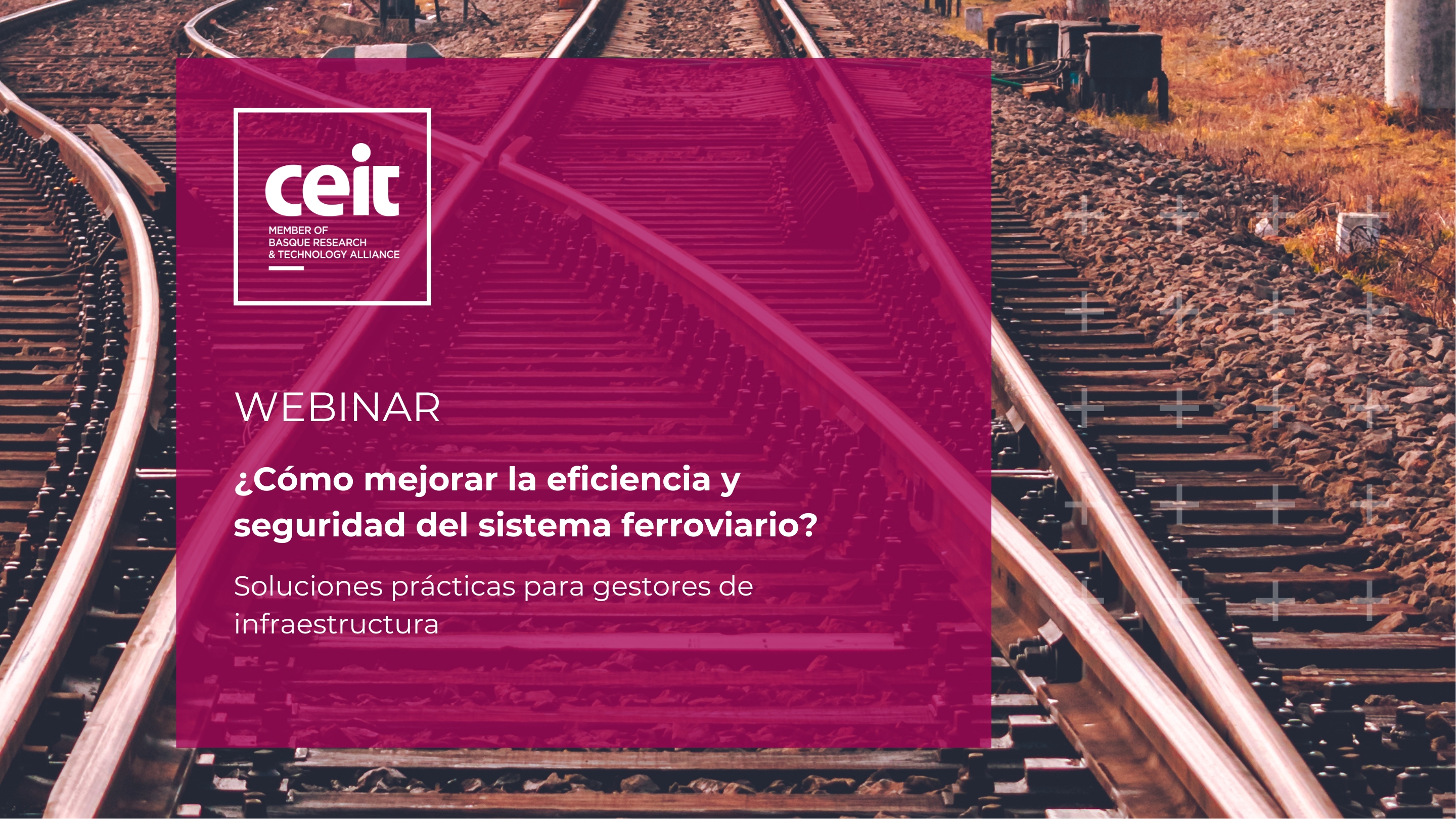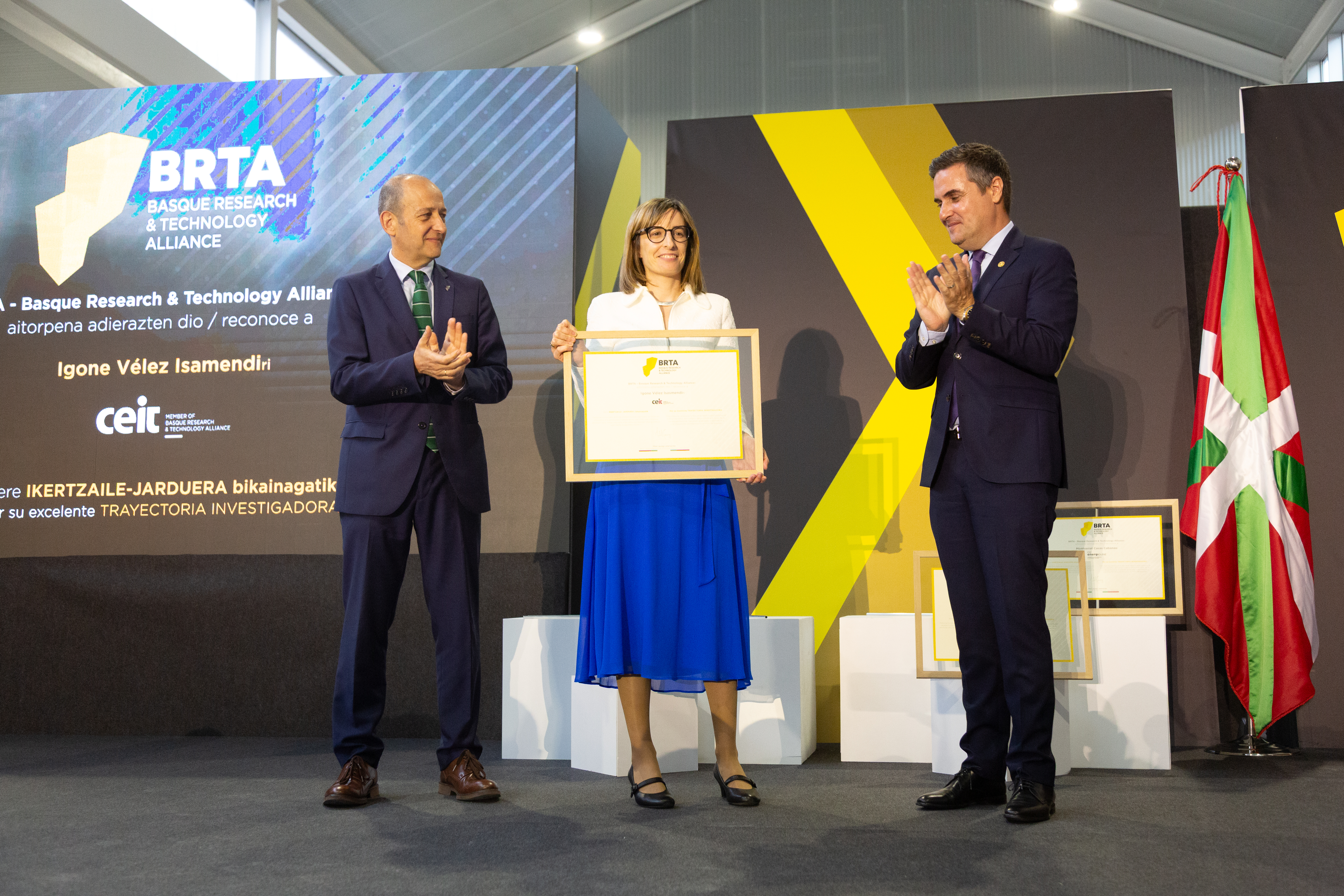Ceit innovates in sustainable materials to drive electrification
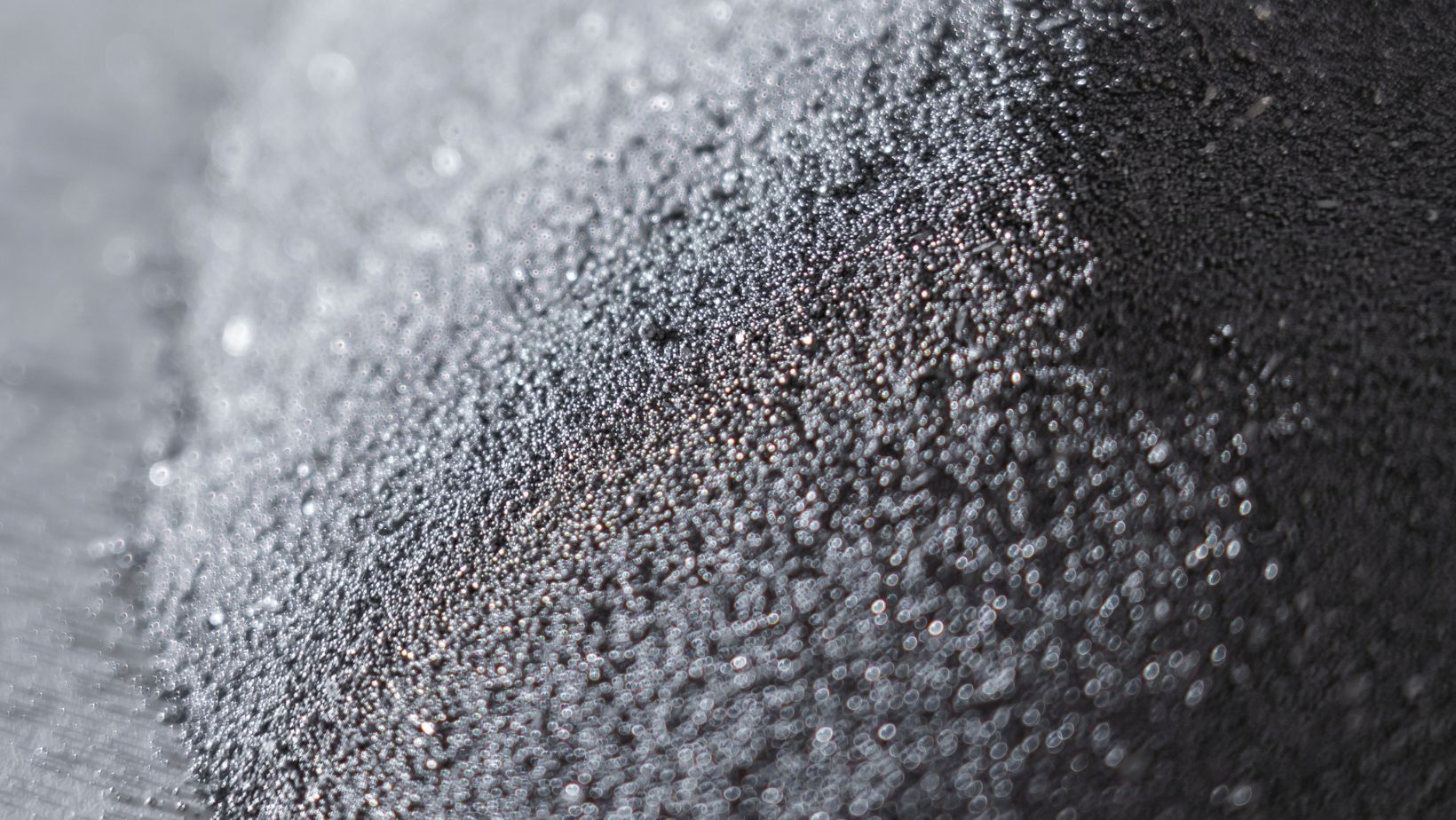
20 | 09 | 2024
The technology center Ceit leads the project Atlantis, which is presented as a solution to develop materials with advanced electromagnetic properties and innovative thermal-structural properties.
The project will make significant progress in contributing to Europe's climate neutrality targets and boosting electrification and digitalization for sustainable transport and cleaner energy.
Climate change is one of the greatest global challenges, and the European Union has set an ambitious goal to address it: to achieve carbon neutrality by 2050. To achieve this, it is necessary to advance in the transition to renewable energies and decarbonize sectors core topic such as industry, transport and mobility. In this sense, electrification is presented as a fundamental strategy to reduce greenhouse gas emissions and promote a more sustainable model of development .
Advanced materials driving electrification
In this context, the project ATLANTIS seeks to develop solutions based on advanced materials that not only comply with the sustainability requirements in their design, manufacture and recycling, but also boost electrification and energy efficiency in sectors core topic. Under the leadership of Ceit, this project counts with the participation of a consortium formed by MONDRAGON UNIBERTSITATEA, LORTEK, AZTERLAN, TEKNIKER, TECNALIA, the UPV/EHU and business EIPC.
The main goal of project ATLANTIS is to develop materials with advanced electromagnetic properties and innovative thermal-structural properties.
Magnetic materials free of dependent critical materials
On the framework of project, Ceit will focus on the development of hard magnetic materials free of rare earths, a crucial innovation given the challenge of Europe's dependence on critical materials imported from outside the continent. The research will also cover the fabrication and characterization of advanced alloys such as Cantor alloy, designed to offer high structural strength and corrosion resistance at high temperatures, using atomized powder with Binder Jetting. In addition, Ceit will work on the development of copper-based report shape materials by additive manufacturing, especially by LPBF (Laser Powder Bed Fusion), with the potential to scale this methodology to an industrial level for use in the aeronautics and aerospace sectors.
The implementation of Atlantis will bring significant advances. With its proposal of innovative materials, free of critical materials dependent from outside Europe and a design focused on sustainability and recyclability, it will contribute to European climate neutrality targets and drive electrification and digitalization for sustainable transport and cleaner energy.
The project ATLANTIS is funded by the Basque Government through the Elkartek Program ( KK-2024/00061).

